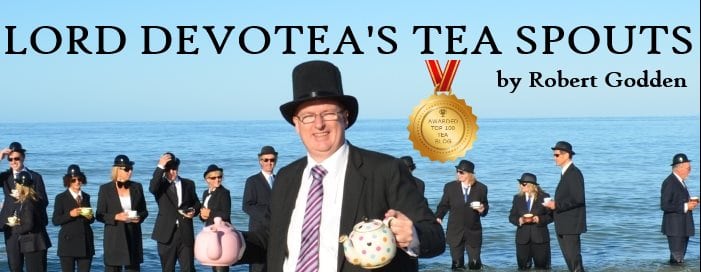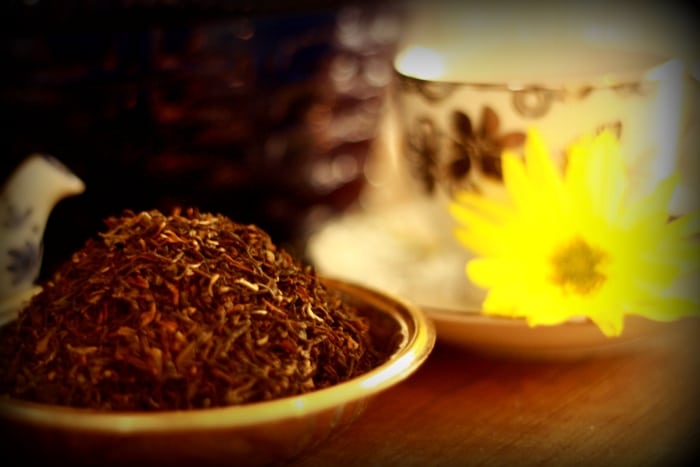When it comes to tea, there are issues around describing one concept easily.
And that concept is tea.
Ask ten people what their favourite tea is.
If you move in the exalted circles I do, then you are going to get a chorus of Da Hong Paos and Vintage Narcissuses (Narcissi?) . But if you are asking amongst the ordinary hoi polloi, you are going to get:
- some vaguely categorical answers (e.g. Earl Grey)
- ignorant and plain wrong answers (e.g. Chamomile*)
- and the old standby, “Just Plain Tea” (often followed by “you know, English Breakfast”)
And I’d like to use number 3 today – “Just Plain Tea” – to kick off a discussion about this question: “What is the best word to describe a tea that contains nothing but Camellia Sinensis”.
And so, to the contenders:
Plain Tea
While this might seem like a reasonable phrase, I’ve heard people say stupid things like “I’ll have a green tea, or just a plain one if you haven’t got green”. Sure, stupid people, but nevertheless a reasonably large selection of people might utter such fatuous phrases.
If a gunpowder isn’t a plain tea, what is it? Granted that a large percentage of people think “green tea” is just one thing.
The problem with the phrase “plain tea” is that it is too often synonymous with “unflavoured black tea”. So, is a combination of black and white teas, such as The Duchess, a ‘plain tea’. Your guess is as good as mine.
A secondary issue is that I don’t like the phrase as a catch-all for tea without any additives. When someone drinks, say, a cup of our Lord Petersham ** which is crafted from 7 different individual teas, then “oohh, that’s lovely and plain” is not the reaction I’d hoped for.
Unflavoured Tea
This is not a bad description. It might even be the best one.
But tea HAS flavour. Lots of it. So I’m not convinced.
Single Origin Tea
This is quite a separate, though related, meaning. Sure most ‘single origin’ teas – i.e. teas from a specific tea garden – are ‘plain’ and ‘unflavoured’ in the broad sense. They are pure tea.
But what about a tea garden who flavours their own Earl Grey variant? Or adds mint? In these cases, they are still “Single Origin” but NOT “plain”, “unflavoured” etc.
Pure Tea
This is another good one. It’s close.
But to some people, a blend, even one which only contains camellia sinensis, is not “pure”. It could be that such people are way too fussy, but I am trying to build a consensus here.
A tea containing nothing but camellia sinensis
Yes, this is the only, exact, workable phrase. But it’s terrible. It’s “too complicated”.
Let’s give up.
I don’t think there is any one perfect, unambiguous phrase.
Let me be clear: I’m only interested in the language. I’m not arguing single origin is better than blended, that my ‘plain’ Doke Silver Needle is better than your Avocado Cranberry Oleander Bedtime Blend***, or that green is better than black but is trumped by white.
So, I’ll throw the comments over to you, dear reader. What have I missed? What do you say?
I’ll just sit back with a far-from-plain, full-flavoured, blended tea and consider this further.
*As well as ‘Chamomile” being a wrong answer because it is a tisane, not tea, it’s also wrong on the basis that if chamomile is your favourite taste, you have appalling taste buds. Possibly even a brain tumour.
** If you are an Australia reader, the AU link to Lord Petersham is here.
*** Although (a) it IS better and (b) oleander will give you a quite permanent bedtime


You left out “orthodox” .. I rather like its canonical connotation.
Hmmm, maybe. To me “orthodox” really means “not CTC”. But yes, a great word.
“I shall have an unfettered, unencumbered Orthodox Darjeeling in the vestibule”
I’ll rather ask for a tea and wait to know what the answer will be.
Yes, life is an adventure that way.
Hmm.. unadulterated tea? REAL tea?
I considered “unadulterated”. To me, adulterated tea is more about substitution for cost savings, as in the 1700s. Real tea is good but doesn;t necessary imply no additives, i.e. a REAL Earl Grey.